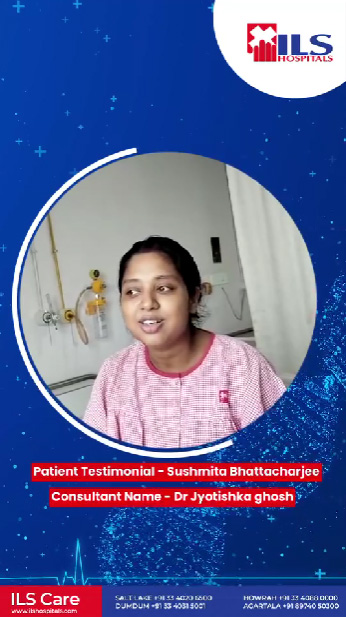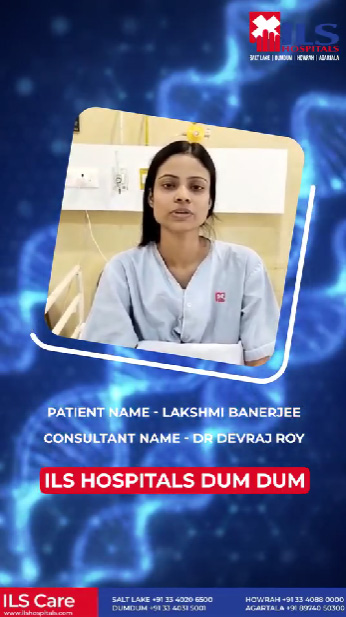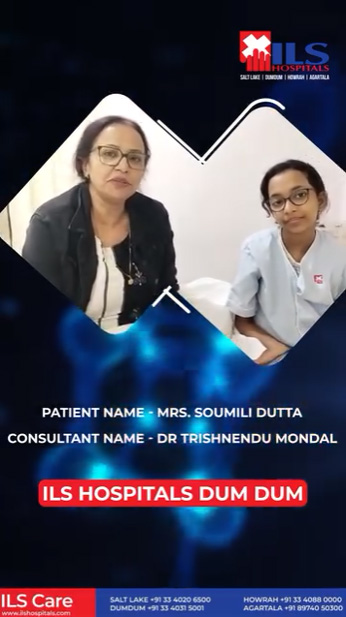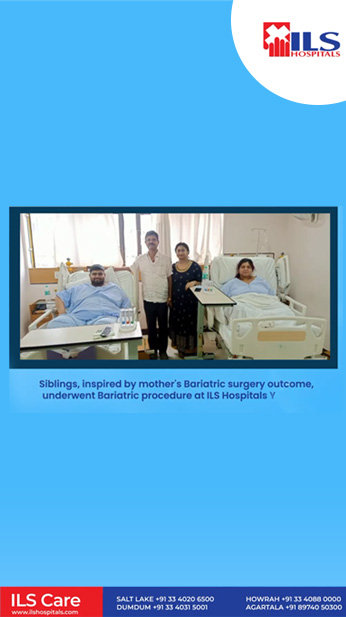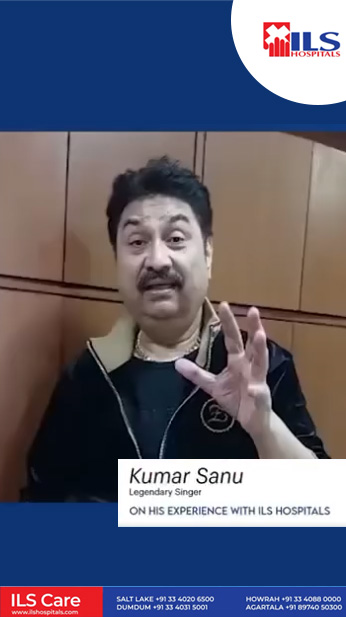Comprehensive Gastroenterology Care at ILS Hospitals
Gastroenterology is the field of medicine dedicated to the diagnosis and treatment of disorders related to the gastrointestinal tract. This intricate branch encompasses the comprehensive understanding of gastrointestinal organs, including the functioning of the liver, digestion, absorption, waste elimination, and more. Gastrointestinal disorders can impact various parts of the digestive system, spanning the stomach, oesophagus, pancreas, gallbladder, liver, and both the small and large intestines. A gastroenterologist possesses extensive scientific knowledge to offer gastroenterology treatment and provide optimal healthcare to patients.
Who is a Gastroenterologist?
A gastroenterologist is a medical specialist who focuses on the field of gastroenterology (DM gastroenterology) and delivers a wide array of medical treatments related to this specialty. These professionals undergo specialized training in managing diseases of the liver and the gastrointestinal tract. Gastroenterologists bring an extensive understanding of presenting symptoms, such as difficulties in swallowing, constipation, heartburn, diarrhoea, vomiting, and gastrointestinal bleeding. They utilize this knowledge to diagnose and treat various conditions effectively. At ILS Hospitals, we are deeply committed to providing top-notch healthcare services to our patients, especially in addressing life-threatening acute medical issues.
Gastroenterologists also engage in substantial research related to gastrointestinal endoscopic treatments and procedures, as well as the interpretation of test results. They are true experts in the field, known for their ability to deliver broad, precise, and comprehensive care to patients dealing with gastrointestinal conditions. Some of the conditions and treatments they handle include peptic ulcers, irritable bowel syndrome, inflammatory bowel disease, oesophageal cancer, colon cancer, and they perform endoscopic therapeutic interventions.
The Significance of Endoscopic Treatment
Endoscopy is an integral aspect of gastroenterological treatment, often employed by doctors to achieve a more accurate diagnosis of a patient’s condition. An endoscope is a flexible tube equipped with a small camera that enables doctors to conduct these tests. Typically, endoscopes are employed to examine various parts of the body, including the urinary tract, respiratory tract, ears, gastrointestinal tract, and the reproductive system.
Gastroenterologists may employ endoscopic procedures to identify the underlying causes of various issues, such as abdominal pain, gastrointestinal bleeding, ulcers, difficulty in swallowing, polyps or growths in the colon, and cancers of the digestive system. Following a successful diagnosis, these experts formulate the most appropriate medical therapy to cure the condition effectively.
Endoscopic treatment offers several advantages, including minimal blood loss, reduced pain, absence of tissue or muscle trauma, and a lower risk of infection. Over the last few decades, the advantages of endoscopic treatment and procedures in the field of gastroenterology have significantly expanded. Correspondingly, the technologies used in gastroenterology treatment have also advanced, thereby reducing the risk of complications. Gastroenterologists play a pivotal role in treating or preventing these issues effectively. During a gastroenterology consultation, gastroenterologists evaluate whether the potential benefits of endoscopic procedures outweigh their associated risks when deciding whether to employ them.
How Gastroenterology Treatment Works
A typical gastroenterology treatment begins at a gastroenterologist’s clinic or a hospital. The process involves the clinic staff recording the patient’s vital signs, including blood pressure, heart rate, and weight. They also compile a comprehensive list of the patient’s medications, allergies, and medical history. During the consultation, the doctor may conduct various tests, such as lab tests, X-Rays, motility tests, and endoscopic procedures and interventions. The entire visit usually lasts around 30 minutes to an hour, or longer if the gastroenterologist performs endoscopic procedures concurrently. This thorough process ensures the precise diagnosis and effective treatment of gastrointestinal conditions.


























